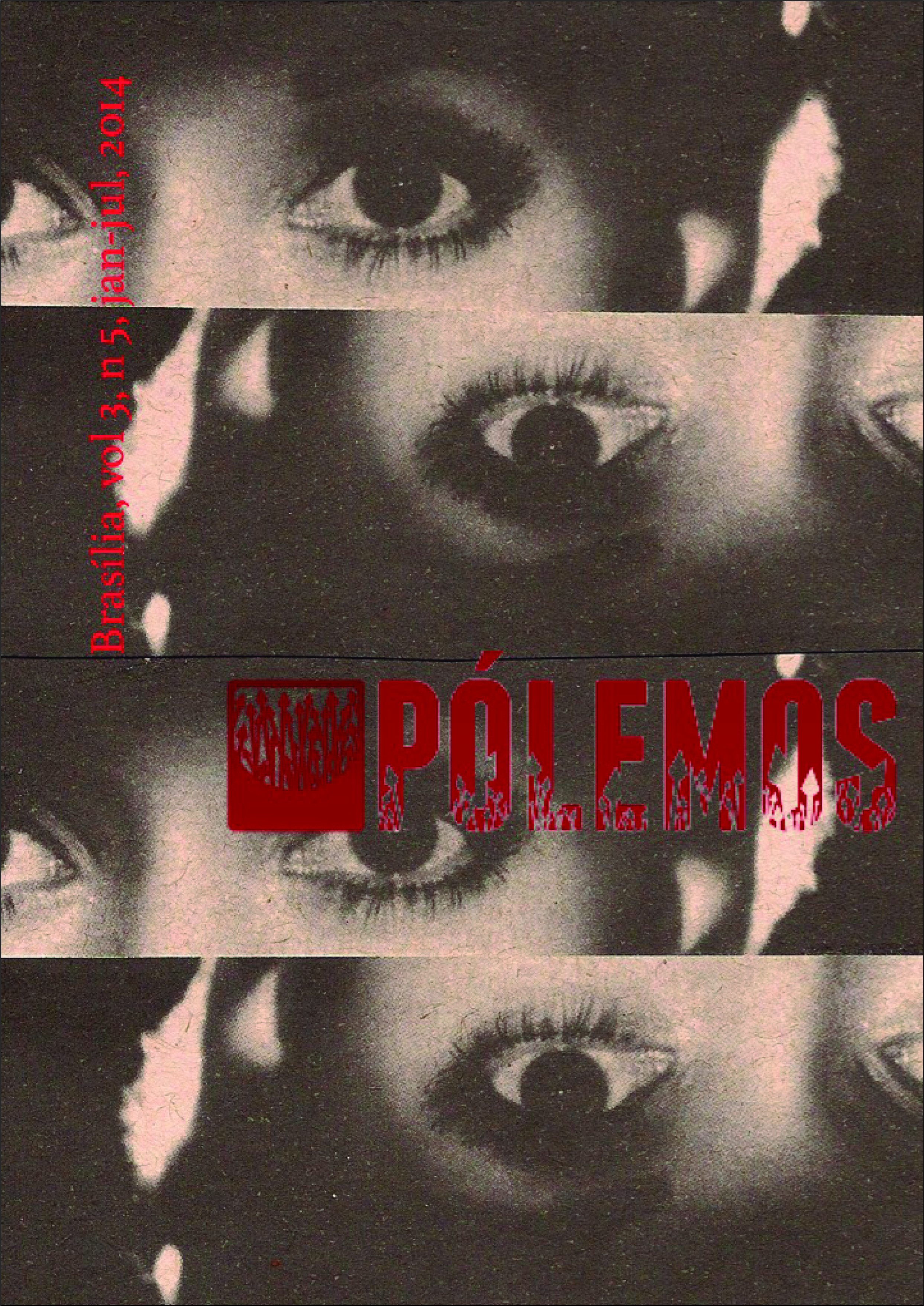WHY SHOULD WE TURN THE FOCUS OF RESEARCH?
philosophical method in§§ 89-133 of the Philosophical Investigations
DOI:
https://doi.org/10.26512/pl.v3i5.11641Keywords:
Wittgenstein. Philosophical Investigations. Descriptive Method. Normativity. Deliberation.Abstract
Paragraphs §§ 108-133 of Wittgenstein's Philosophical Investigations seems to contain reminders about what we should and should not do when we do philosophy: we should neither present theories (§109) nor interfere with the actual use of language (§124); we should, on the other hand, bring the words back from their metaphysical use to their everyday use (§116) and simply present things, without explaining them (§126). But if the correct way of doing philosophy is just to describe what lies open to view, what justifies those normative considerations? If everything he has to offer are descriptions, how can he make considerations about philosophy to which the philosophical tradition apparently does not comply? We will argue that these passages do contain methodological recommendations. Those, however, are not the immediate result of the application of the method, i.e., they are not something we discover about philosophy by employing the method itself. The methodological considerations are justified because they are the result of a reliable process of deliberation. What makes the deliberative process reliable is the fact that the application of the method provides us with an accurate description of the goal that the philosophical practice traditionally has in view, thus enabling us to deliberate correctly.
Downloads
References
BAKER, Gordon & HACKER, Peter. Wittgenstein:Understanding and Meaning: Part I: essays. 2.ed. Oxford: Blackwell Publishing Ltd, 2005.
CAVELL, Stanley. Notes and Afterthoughts on the opening of Wittgenstein's Investigations. In: SLUGA, H. & STERN, D. The Cambridge Companion to Wittgenstein. Cambridge: Cambridge University Press, 1996, p.261-295.
MCGUINN, Marie. Wittgenstein and the Philosophical Investigations. 2.ed. London: Routledge, 2002.
MULHALL, Stephen. Inheritance and Originality: Wittgenstein, Heidegger, Kierkegaard. Oxford: Clarendon Press, 2001.
MULHALL, Stephen. Philosophy's hidden Essence : PI 89-133. In: AMMERELLER, E. & FISHER, E. Wittgenstein at Work: Method in the Philosophical Investigations. London: Routledge, 2004, p.63-85.
STERN, David. Wittgenstein's Philosophical Investigations: An Introduction. New York: Cambridge University Press, 2004.
WITTGENSTEIN, Ludwig. Investigações Filosóficas. Tradução de José Carlos Bruni. São Paulo: Editora Nova Cultural, 2000.
Downloads
Published
Issue
Section
License
Copyright (c) 2016 Pólemos

This work is licensed under a Creative Commons Attribution-NonCommercial-NoDerivatives 4.0 International License.
Todos os trabalhos que forem aceitos para publicação, após o devido processo avaliativo, serão publicados sob uma licença Creative Commons, na modalidade Attribution-NonCommercial-NoDerivatives 4.0 International Public License (CC BY-NC-ND 4.0). Esta licença permite que qualquer pessoa copie e distribua a obra total e derivadas criadas a partir dela, desde que seja dado crédito (atribuição) ao autor / Ã autora / aos autores / às autoras.


